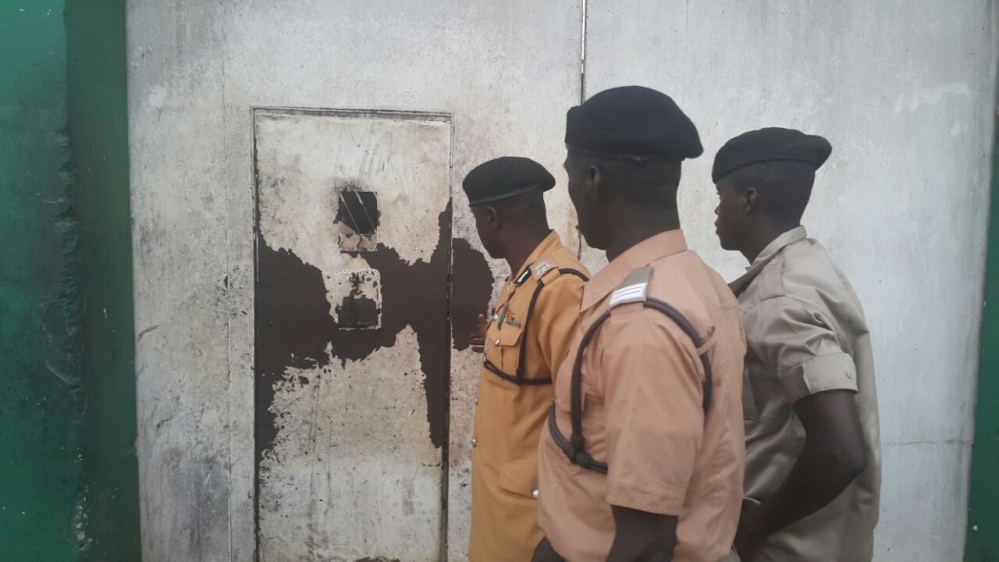The testimonies of the five witnesses so far corroborated each other on certain facts: that they were arrested and detained in the Maximum Security wing of the Banjul Central Prison (Mile Two is not a legally recognized name (see s.3)); that they were tortured while detained by soldiers at the prison; that they were denied certain basic necessities of life such as change of clothing, shower, nutritious and healthy food; and that they were given restricted prison visits. These narratives were compelling and emotional to us all and invoked throw back feelings in the witnesses.

The sad and emotional testimonies regarding the periods of detention of the witnesses made me wonder whether the prison authorities were complicit actively or by omission in the torture of the detainees? The basis of this doubt was that the prison should not have admitted the witnesses without a warrant or order signed and sealed by “the proper authority and in all other respects complies with the requirements of the law” (see s. 31(2) of the Prisons Act).
In fact, the obligation to produce a warrant or order of committal is so grave that the Officer-in-charge “shall refuse to accept a prisoner on the grounds that there is an error on the face of any warrant or order….”
In all the testimonies, it was established that the witnesses were arrested and detained in the security wing of the prison without going through the protocol of admission explained in s. 32 (search of prisoners on admission….”not in the presence of any other prisoner”), s. 37(not availing them the opportunity “to purchase or receive from private sources at proper hours food, clothing, bedding or other necessaries…”), s. 39 (not allowing them to provide themselves with food, clothing and bedding first before receiving regular prison food, bedding and clothing) and s. 42 (confining them to single cells which is only allowed for convicted prisoners).
All the above cited provisions of the Prison Act 1953 were violated on the orders of the Junta while the prison authorities remained mute and complied with those illegal orders. For avoidance of doubt, a prisoner is “any person, whether convicted or not, under detention in any prison.” This definition must be read with s. 31(1) and (2) and by doing so, the witnesses were never prisoners as they were not detained on warrant of remand or order of committal signed and sealed by proper authority.
As a matter of fact, the Act through amendment in s. 31(1) stated that “a prisoner shall not be admitted to a prison unless accompanied by a remand warrant, a warrant or order of detention, a warrant of conviction or committal or an order of a court martial.” Therefore all the persons who were detained in the security wing without remand warrant or order of detention were illegally detained by the persons/bodies who detained them, including the prison authorities.
The benefits of TRRC is the exposition of the misuse of state power, dereliction of duties of officials of principal state organs and failure of organs and personnel to enforce the law and to protect the fundamental rights and freedoms of citizens. I hope the Prison commissioners and officers will testify and seek forgiveness from the victims. I hope that the Prison Reform Committee will take cue from the testimonies and reform the prisons.
By Simon Sabally










Recent Comments